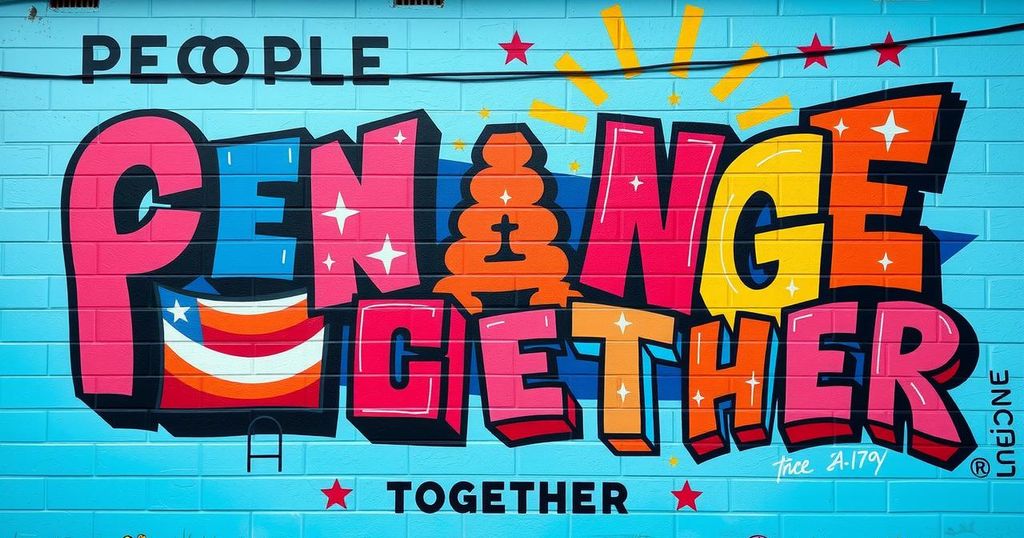The Secret of the Perfect Political Slogan
- Political slogans require emotional engagement to resonate with voters.
- Chris Bruni-Lowe identified eight powerful words for effective slogans.
- The word ‘people’ is the most powerful in winning campaigns.
- ‘Bespoke’ slogans reflect unique grievances during elections.
- Technology may shift the future of crafting campaign slogans.
Analyzing Winning Political Slogans and Their Impact
A catchy political slogan can make or break a campaign. Every electoral race demands a powerful slogan that not only energizes voters but also helps to succinctly portray the candidate’s values. Some slogans become part of the national narrative, like Barack Obama’s “Yes, We Can” or the Brexit campaign’s “Take Back Control.” Others, in stark contrast, land flat, serving as testimonies to the failure of their creators to connect with the audience. Chris Bruni-Lowe, a political strategist and pollster, aims to illuminate the path to a successful slogan through his analysis of campaign messages around the globe.
Key Words That Resonate With Voters
Bruni-Lowe’s research focused on a staggering 20,000 campaign slogans and identified eight key words that he claims resonate well across various political spectra. The words are: people, better, democracy, new, time, strong, change, and together. He insists these words are not a foolproof key to electoral victory, especially if the candidate is unpopular or lacking charisma. The magic lies in how these words serve as “emotional shortcuts” that communicate what a candidate represents, even transcending cultural and language barriers. The word “people” frequently tops the list for effective campaigning, highlighted by Bill Clinton’s famous slogans from 1992 that evocatively played on the idea of being a “people person.”
The Future of Political Slogans and AI Influence
Bespoke slogans, measured against Bruni-Lowe’s eight words, can indeed make a significant impact but could also lead to a more tepid political landscape. Slogans like “Get Brexit Done” still hold fast according to his observations, despite the potential for generic slogans to emerge. This problem of blandness is not new; there have been slogans that flopped catastrophically, such as Al Smith’s cringeworthy 1928 campaign pitch. Bruni-Lowe does acknowledge that these unique, tailored slogans can thrive during a specific moment of political tension. As technology advances, however, the future of political slogans may shift away from the catchiness and simplicity that defined them, as artificial intelligence and neuroscience start to influence how these messages are crafted and received. Will we still have memorable slogans in the future, or will they evolve into something more sterile and calculated? Perhaps only time will tell.
As elucidated by Chris Bruni-Lowe, the anatomy of an effective political slogan is a nuanced one, mixing timeless words with emotional resonance. His analysis of winning campaigns underscores the significance of aligning the slogan with the candidate’s image and constituents’ sentiments. However, as we march into the future dominated by technology, the reliance on classic slogans may diminish, perhaps leaving us with less memorable messaging but more individualized communication with voters.




Post Comment